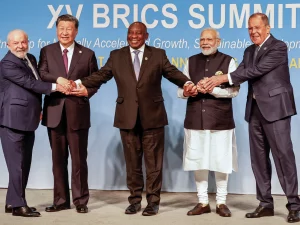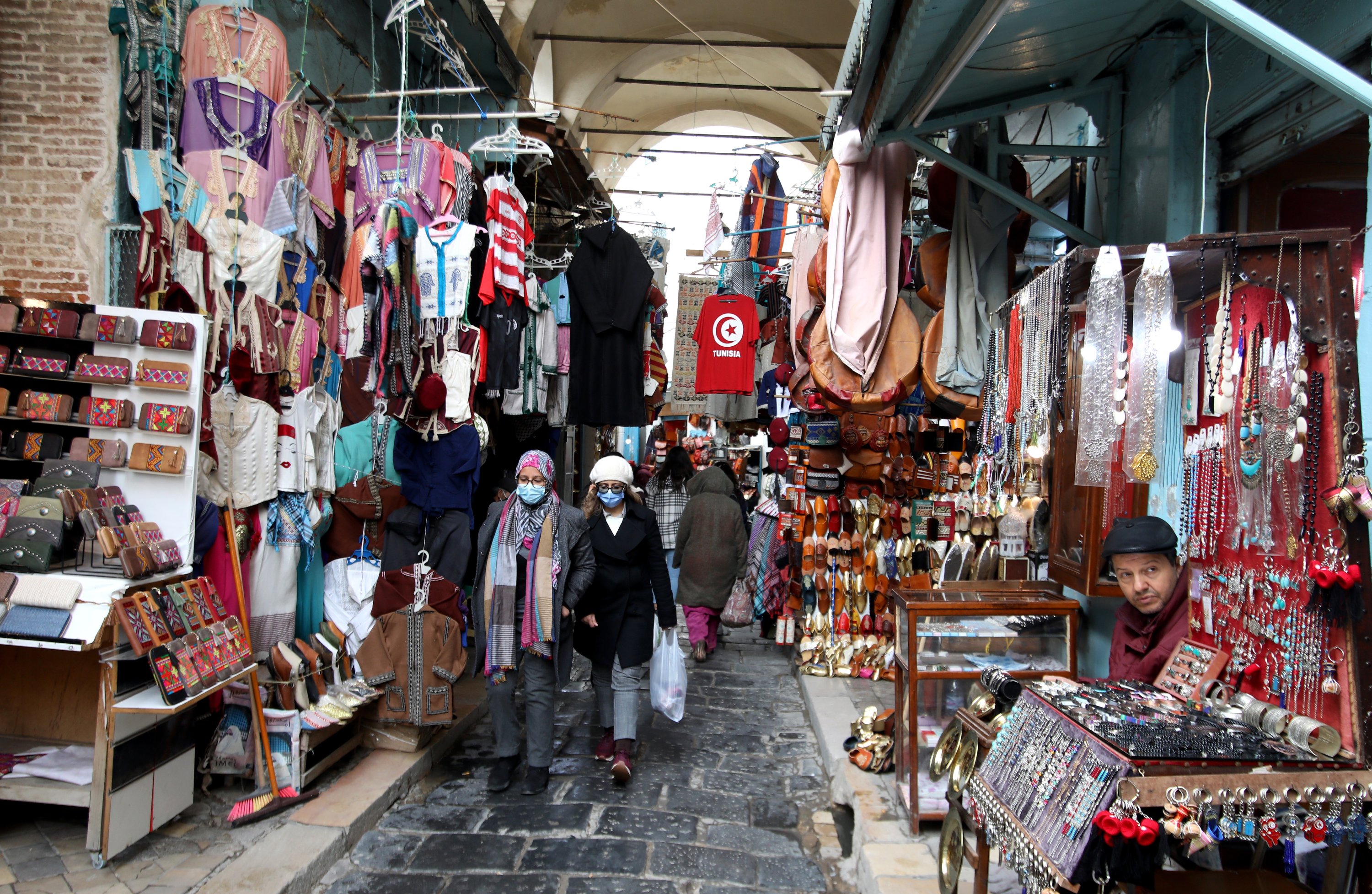Tunisia’s green energy ambitions threatening food security

A forest in Tunisia
Europe’s ambitious Green Deal is making the continent eye Africa as its future source of green energy. Leaders on the other side of the Mediterranean are taking notice and committing to large-scale green energy projects that don’t always take into account the local impact.
On May 26, Tunisia’s Director General of Electricity and Energy Transition at the Ministry of Industry, Mines, and Energy, Belhassen Chiboub, said that his country will be able to export 5.5 million tonnes to 6 million tonnes of green hydrogen to Europe by 2050.
Green hydrogen is hailed as the fuel of the future and promises a stable source of foreign currency for the Maghreb nation.
Experts and activists are now warning that Tunisia’s green strategy can be detrimental to its food security, The National News reports.
Skeptics of Tunisia’s green agenda took issue with a 2022 deal with the European Commission to construct an underwater line that would transport green energy from Tunisia to Italy.
Almost one year after approving the construction, a German delegation specializing in renewable energy production arrived in Tunisia to discuss using solar power to produce green hydrogen in Tunisia and then transfer it to Germany and the EU.
According to The National News report, activists are worried about the state policies over the past 10 years that repurposed agricultural land to offer it to private investors who use it for green energy production.
The government is especially targeting lands designated as “common-ownership lands” in the Tunisian south. These lands are the prime source of income for those regions.
Tunisia is now reclaiming the common-ownership lands while offering loose contracts to farmers and giving foreign investors the right to use those lands for up to 30 years.
“These contracts lack transparency… in [the town of] Chenini in Tataouine, farmers were compelled to sign agreements that would allow foreign companies to take advantage of their lands for a period of four years for green energy production,” Essia Guevzi, project officer at Hivos International Development Organisation and a representative of the Chenini farmers, said on September 21, as reported by The National News.
According to Ms. Guevzi, farmers were provided an annual compensation of just 1,200 Tunisian dinars (equivalent to $383) for their plots of land, each of which covers an area of no less than 500 hectares, and the option of automatic contract renewal on an annual basis was also available.
READ: EU now turns to Morocco for Tunisia style migration deal
The National










